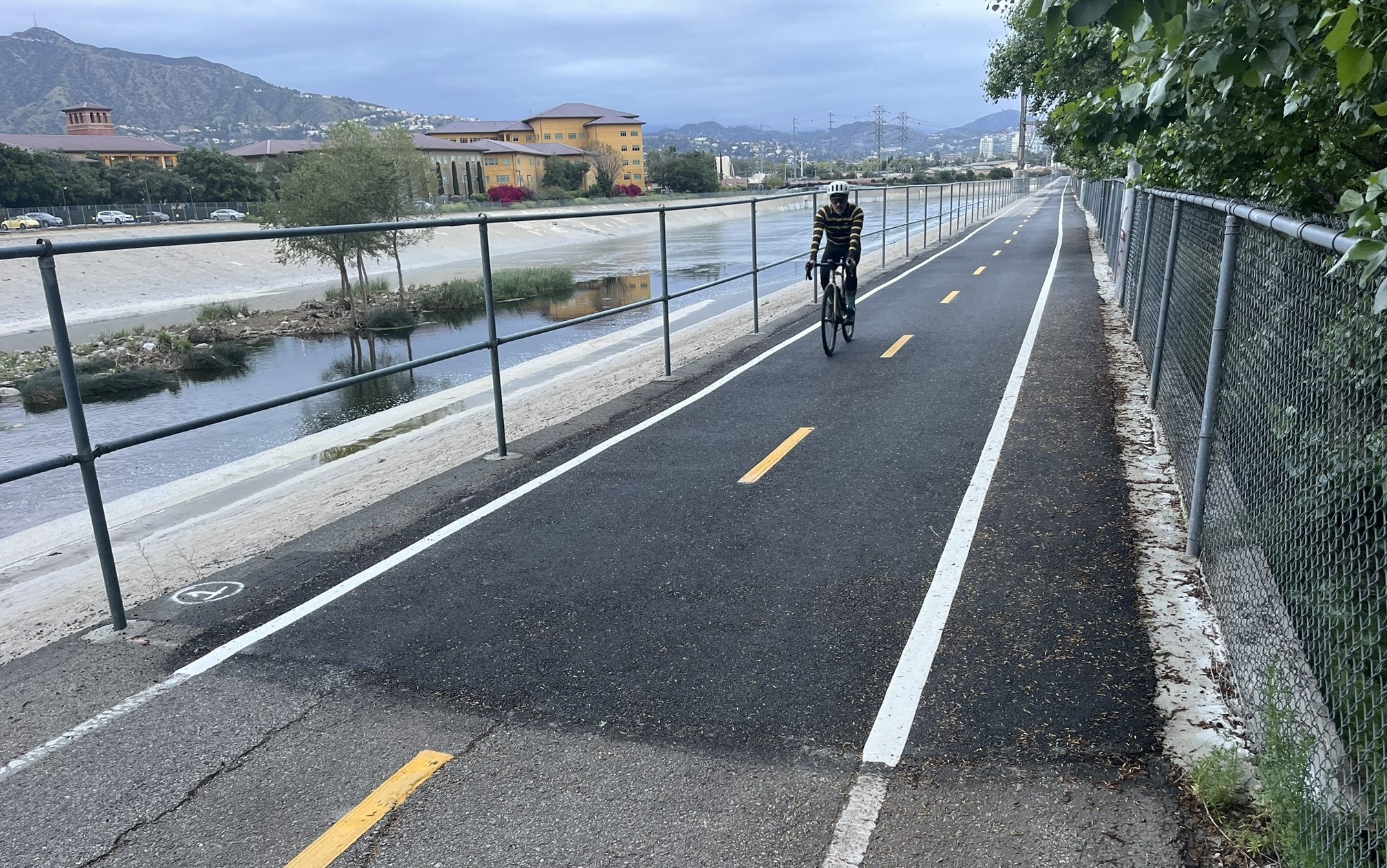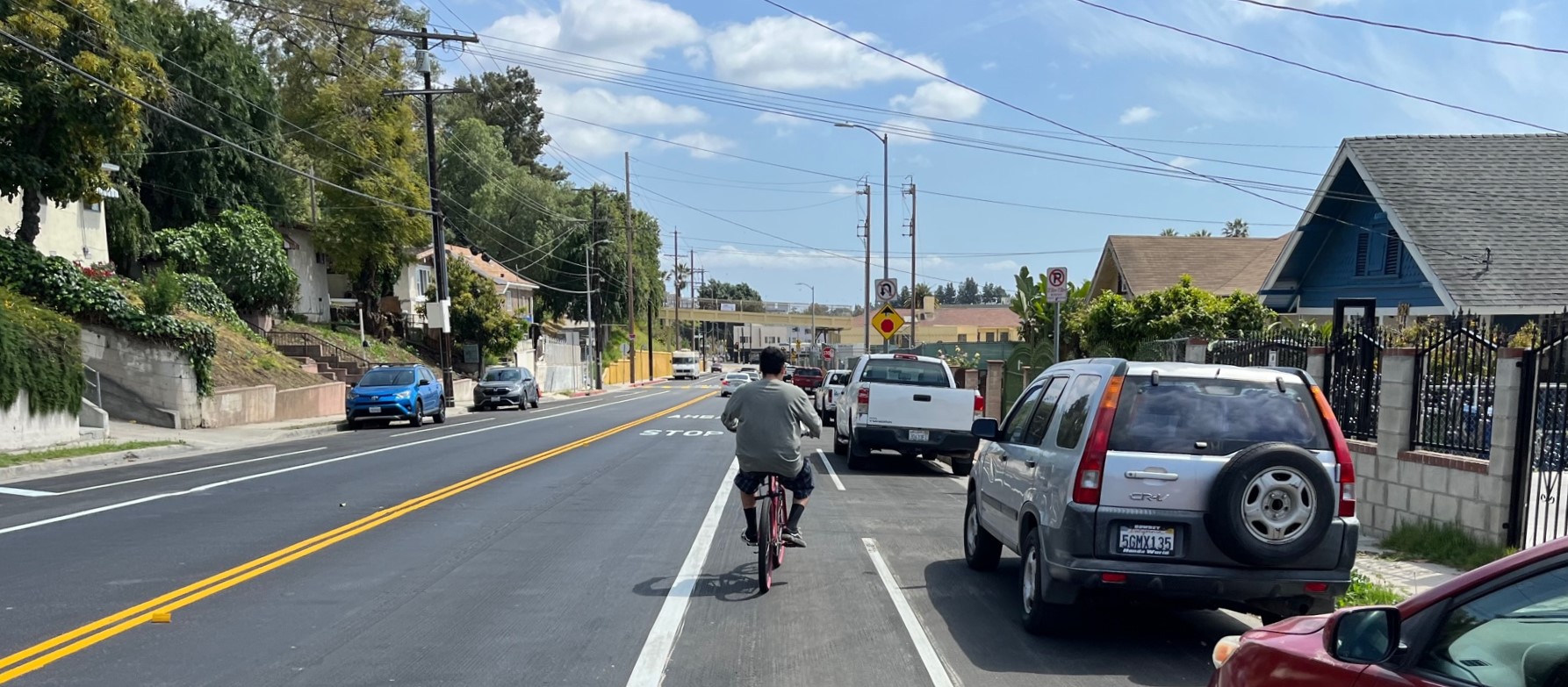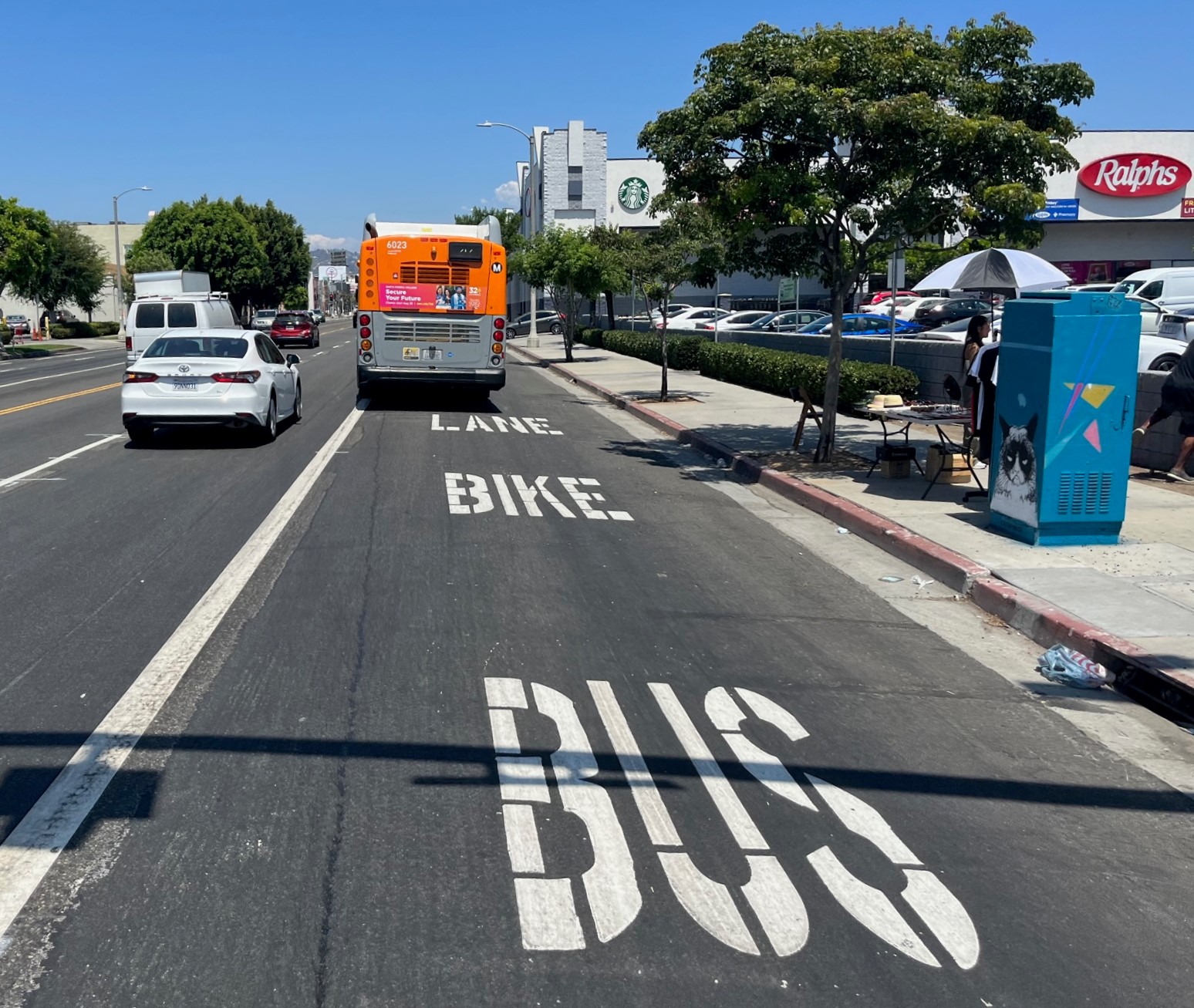Senior Democrats in Congress are warming
to a new two-year federal transportation bill as a vehicle for upwards
of $100 billion in infrastructure spending aimed at job creation -- and
a key player in building that momentum makes his home far from the
Capitol.
Gov. Ed Rendell (D-PA), the co-chairman of Building America's
Future (editor's note, this coalition is also co-chaired by Governor Schwarzenegger), held a meeting yesterday with House and Senate aides as well as
representatives from the construction and investment industries and the
road lobby. On the agenda: creating consensus for a financial "front-loading" of the next transportation bill, likely over two years, and a long-term plan for infrastructure investments going forward.
"If
there's a second stimulus or a jobs bill, to me it should be all about
infrastructure," Rendell told MSNBC this morning (viewable above).
Stephen
Sandherr, chief of the Associated General Contractors, attended
Rendell's sitdown. "His message is that Congress should be looking at
infrastructure broadly, beyond transportation -- but that there should
be some emphasis on front-loading spending for the transportation
component, perhaps through a two-year general fund contribution to the
highway trust fund," Sandherr said in an interview.
Rendell's
idea would be to let federal gas taxes accumulate in the highway trust
fund while national transport programs were funded by general taxpayer
contributions, Sandherr added. "After two years, you'd be able to
significantly increase spending" thanks to the accumulated tax revenues.
Building
America's Future will hold a press conference on Monday announcing
supporters for a front-loading, spokeswoman Laura Braden said in an
interview.
Giving the highway trust fund a
multi-billion-dollar infusion from the Treasury under the aegis of job
creation would certainly appeal to lawmakers who are loath to take a
politically difficult vote to raise the gas tax before they face voters
in the 2010 midterm elections.
Yet "front-loading" a new
transportation bill would not necessarily guarantee that repair
projects are prioritized over building new roads, despite House
transportation committee chairman Jim Oberstar's (D-MN) statement yesterday that $69 billion
in new "ready-to-go" projects from road interests represent "evidence
of state-of-good-repair projects that have been waiting on the shelf."
For
merit-based criteria to determine which projects get funded by
"front-loaded" legislation, Congress would have to craft language to
that effect -- and if this winter's first stimulus debate is any guide,
lawmakers may have trouble pinning down those details. While the first
stimulus aimed to steer transport aid to the nation's most
"economically distressed" areas, Congress added no method for measuring performance and the money ultimately shortchanged major cities.
There
is also the question of how much front-loading to pursue, particularly
given that Republicans have vowed to oppose any spending not offset by
cuts elsewhere in the budget. "We never even got to [the issue of] how
much" at Rendell's meeting, Sandherr said, though funding a National Infrastructure Bank was another point of consensus.
Transportation
for America and several other reform-minded groups, including the
Environmental Defense Fund and the Natural Resources Defense Council,
this week asked
House Speaker Nancy Pelosi (D-CA) to limit any targeted infrastructure
spending for economic recovery to one year, in order to keep lawmakers
focused on policy changes in a long-term federal transport bill.
Sandherr
said the Contractors were in favor of many of the large-scale reforms
envisioned by Oberstar's six-year infrastructure bill: "We like the
concept of making the [national transport] program more accountable. We
recognize that in order for you to get the public to support increased
investments, they've got to see a return. They'd say, 'I'll put more
money towards a gas tax if I can have decreased congestion and better
air quality'."
His group's chief priority, however, is
getting the House and Senate to clear a jobs bill that spotlights
infrastructure before next year. And if Rendell's increasing visibility
on the issue is any guide, speed will remain the order of the day, with
performance, sustainability, and closing the roads-transit funding
divide running further down the list.




